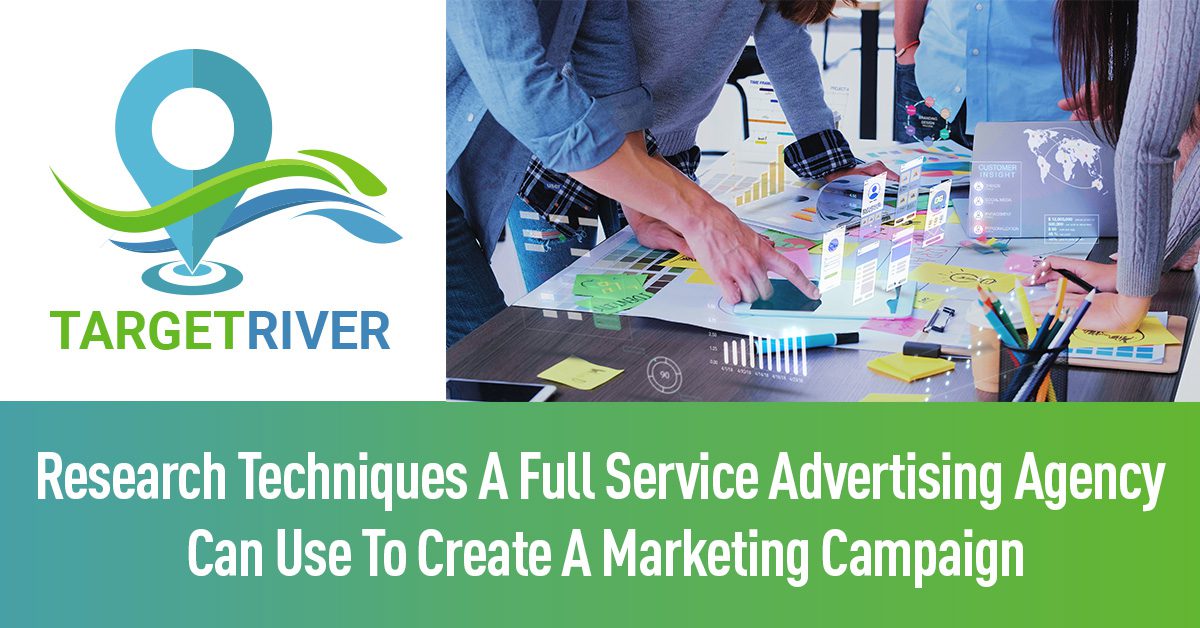Marketing campaigns aim to send a message or promote a product to a large group of people. These could range from movements supporting environmental friendliness to launching a new sports drink for your brand. While creating the actual content for a campaign is the main objective, marketing agencies must understand the demographics and research the best location, people, ideas, and delivery for your campaign to succeed. Success is gained by getting onto a personal level with your audience and tracking and statistically analyzing how your audience interacts with your websites, social media, and other media platforms.
Media Buying
At the heart of most campaigns, the platforms on which your content is released are valuable for reaching the largest group of targeted individuals. Whether it’s radio, Google, television, email, or social media, it’s essential that you have a good variety of platforms for your content so that you can maximize exploiting the different areas of potential customers and adhere to any budget constraints if you have any, to be as cost-effective as possible. Full service marketing agencies, such as Target River, can research specific times, channels, and frequencies your ads are running to ensure clients receive the most exposure for their campaigns. Furthermore, full-service marketing agencies can benefit from media buying because you can track the performance of these services. When marketing agencies determine how to strategize, they look at performance metrics—specifically, noticing the number of impressions, conversion rate, and click-through rates. This is valuable information for marketing agencies to see what platforms best reach the individuals within their target market.
Focus Groups and Surveys
One of the best ways companies can make a relatable campaign that touches their audience is by building rapport. Focus groups are essentially a group of 6–8 individuals where we ask them targeted questions: thoughts on specific products, issues, improvement suggestions, etc. Surveys are a more cost-effective way to ask those same questions, most of the time digitally, to a broader population. Focus groups and surveys are two tactics widely used by full-service marketing agencies because they allow companies to gather preliminary information on their cause and draw general answers and preferred ideas from the sampling group. These answers are valuable because they can be very influential in what decisions are made for your campaign. By creating a relationship with your audience, you will be able to lighten them up and make them feel comfortable in the setting they’re in. This allows them to open up and give more accurate answers to the questions you ask. Remember that marketing agencies need to take the time to ensure these surveys or focus groups can generate a productive conversation that helps answer their questions about their campaign’s launch strategy.
Branding
When it comes down to recognition, your branding efforts are essential so people can anticipate how your company will work and the critical ethics valued by your organization. In addition, branding will help build trust with your audience and boost brand loyalty. This is important for campaigns because marketing agencies will get to understand which branding styles best fit your company’s goals. With that being said, full-service marketing agencies will have the option to emulate their branding style in their campaigns to stay consistent. With the appropriate branding, audiences will be more supportive of your company’s vision and goals. Data tracking is essential to ensure your branding is working. We can judge the effectiveness of your branding through the increased awareness generated by the new design of your content compared to previous models, so companies can better understand how to proceed forward and keep their relations with the public strong.
Product Pricing
Product pricing is the process companies follow to determine the cost of services and products being sold to customers. There are many kinds of product pricing including cost-plus pricing, competitive pricing, price skimming, and many others. Cost-plus pricing, or cost-plus-profit pricing, involves researching the manufacturing costs used to create the product and then determining the cost from the research performed. Businesses will look over what they spent on creating the product, then add a price markup so the product or service can turn a profit. Competitive pricing or market pricing involves observing the current market rate of similar products. Once it’s determined what the market price is, the company can determine their own product price, whether it’s below, above, or matching the current market price.
Another more ambitious strategy is price skimming. This happens when a company introduces something new, either a product or service, to the market at a higher price. Since it’s new and no other products like it exists, customers are more likely to pay the higher price given. As similar products from other companies are introduced, the original product or service price will lower so it can accompany the demand and beat the competition.
Bonus Read: Benefits of Hiring Full-Service Marketing Agency in Utah
Target River Marketing Agency Awarded Best Target Marketing Company In US
Top 5 Reasons You Need A TV Advertising Agency
What Does A Full-Service Marketing Agency Do?
4 Reasons Why You Need A Digital Marketing Agency
Target River Marketing Agency Wins Audio, Visual And Print Communicator Awards

